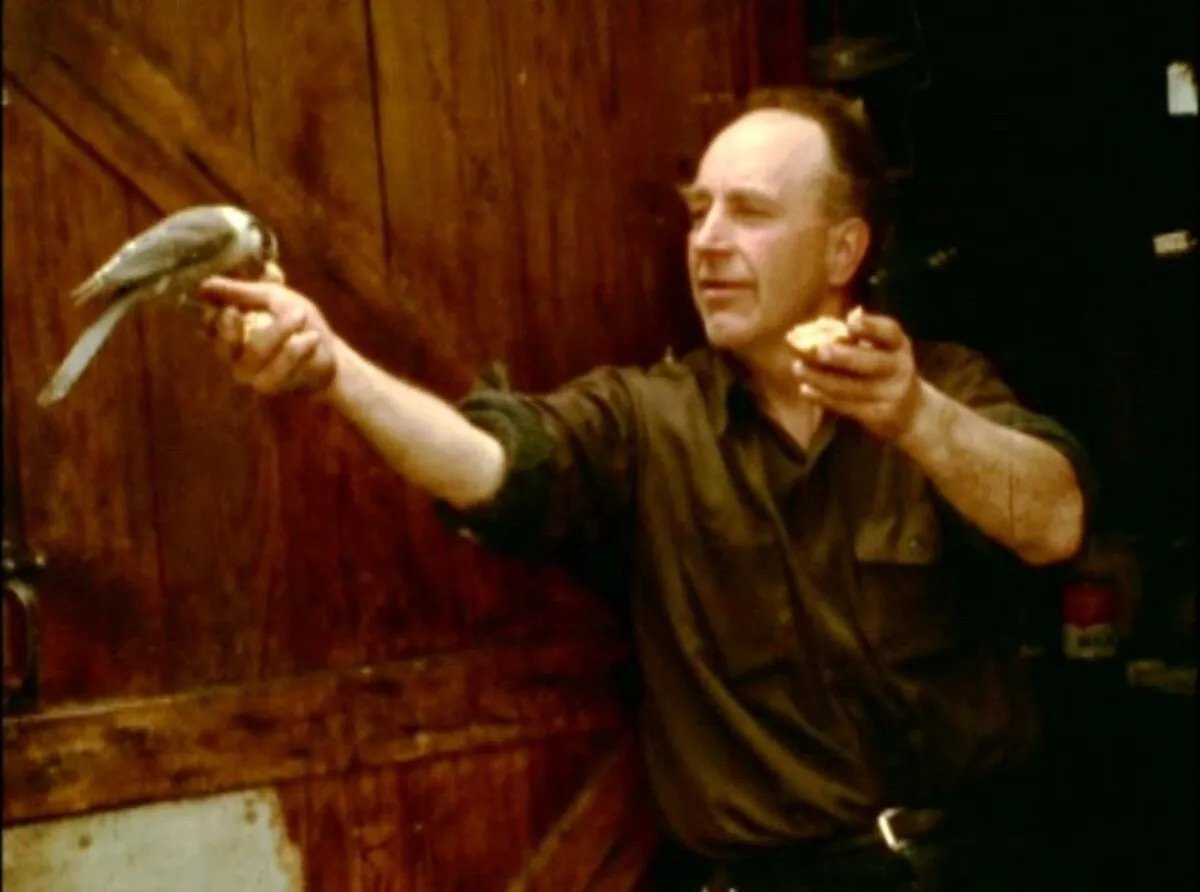A PMA Film Series
Hard Tellin'...: Pictures of Maine
Hard Tellin’… is less an attempt to define Maine, or Maine in the movies, than an opportunity to celebrate four great films that accomplish something most art should aspire to: they capture the ineffable in a place and its people at a particular moment in time. They get at something unique and a bit hard to define about us. They feel, for lack of a better word, honest.
—Christopher Gray, Films Program Specialist for the PMA, and Wes Sterrs, local filmmaker and film programmer
Excerpts from the program booklet for Hard Tellin’...
The full program booklet is available in print at each film screening.
In the Bedroom (2001)
Joining us for the October 5 screening of In the Bedroom is film director Todd Field.
Field is the director of three films—In the Bedroom (2001), Little Children (2006), and Tár (2022) – which received a combined fourteen Academy Award nominations. Field was nominated for Best Director for Tár, and each of his screenplays were also Oscar-nominated. As an actor, Field’s credits include Stanley Kubrick’s Eyes Wide Shut (1999) and the blockbuster Twister (1996), among many other roles. He lives in Midcoast Maine.
“In the Bedroom is based on the 1979 Andre Dubus short story ‘Killings.’ Field and Dubus collaborated on the script before Dubus’s death in 1999 (Robert Festinger is a co-writer on the screenplay). Field is working in a strain of realism here that follows the stereotypical mode of a short story: for long stretches, emotions are left unsaid, and symbols take their place. This can be an evasive tactic in cinema, but with In the Bedroom this approach is integral to the material. It’s all in the title, which is explained vividly in the opening act of the film. The bedroom is the heart of the lobster trap; once the animal arrives there, it can’t escape, and if it becomes overcrowded, violence is inevitable. Throughout the Maine coast these cages can appear as mere lawn ornaments, but Field and Festinger’s elegant script puts the ‘trap’ back into the equation.”
— Christopher Gray, Films Program Specialist for the PMA
Billy the Kid (2007)
“Jennifer Vendetti’s debut (and, to date, only) directorial feature film, Billy the Kid, serves as an origin story for one of these community icons: a character who is too cool for school and also slightly askew. Billy is a purple belt, a hopeless romantic, and a wannabe guitar slayer whose emotions, ideas, and sense of humor split the seams of his 105-pound frame (he can bench 55, by the way). He rattles through town, a kinetic force bouncing off buildings and people like a pinball. Billy’s arsenal of martial arts facts, heavy metal references, and unique pleasantries is consistently met with an unsure nod from anyone he chooses to unleash his brain power on.”
— Wes Sterrs, local filmmaker and film programmer
Belfast, Maine (1999) (4K Restoration)
There is joy and leisure in Belfast, Maine, but beneath it there is always hard work and hard lives. The film’s most famous scene—perhaps a linchpin of Wiseman’s entire body of work—takes place in a classroom of Belfast Area High School. An English teacher immediately disarms with his compelling language, discussing Melville’s Moby-Dick and calling whaling a “Nantucket sleigh ride.” In a Wisemanesque touch, he describes the process of turning whale blubber into oil and characterizes the novel not as a symbolic epic about obsession but as a “portrait of working-class life in America.” The screws are just beginning to turn as we build toward a devastating conclusion. “What does this tell us about the American dream?” he asks. “It’s false. It’s a confidence scam.”
— Christopher Gray, Films Program Specialist for the PMA
Dead River Rough Cut (1976)
“Fifty years ago, Richard and I lived in The Forks, Maine, as part of the ‘back to the land’ movement. One day, we were sitting in front of our house when we heard an old Volkswagen bus rumbling in the distance. It stopped in front of our house with a smoking stovepipe jutting out of a side window. We thought that was cool.
The driver stepped out with a big smile and introduced himself as Walter Lane. After chatting for a few minutes, we realized he was a sympathetic guy with vast knowledge about how things ‘worked.’ What Walter didn’t know was that he had just been cast for a film we hadn’t even conceived yet. I had made many films in my head, but Richard had already made a couple of documentaries, and we wanted to collaborate on a project.”
– Directors Stu Silverstein and Richard Searls



